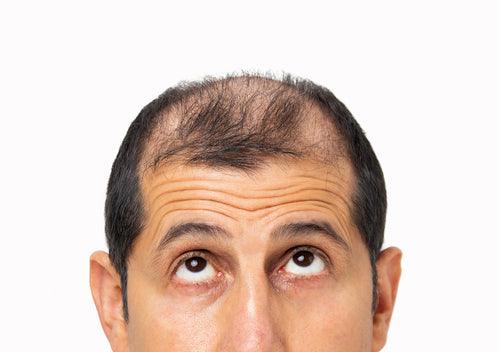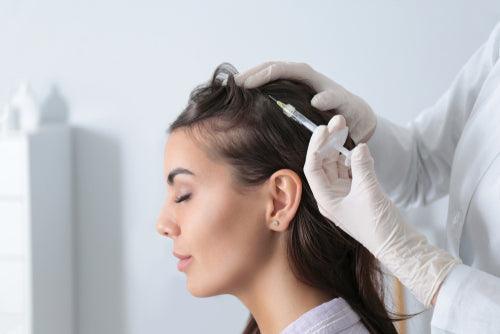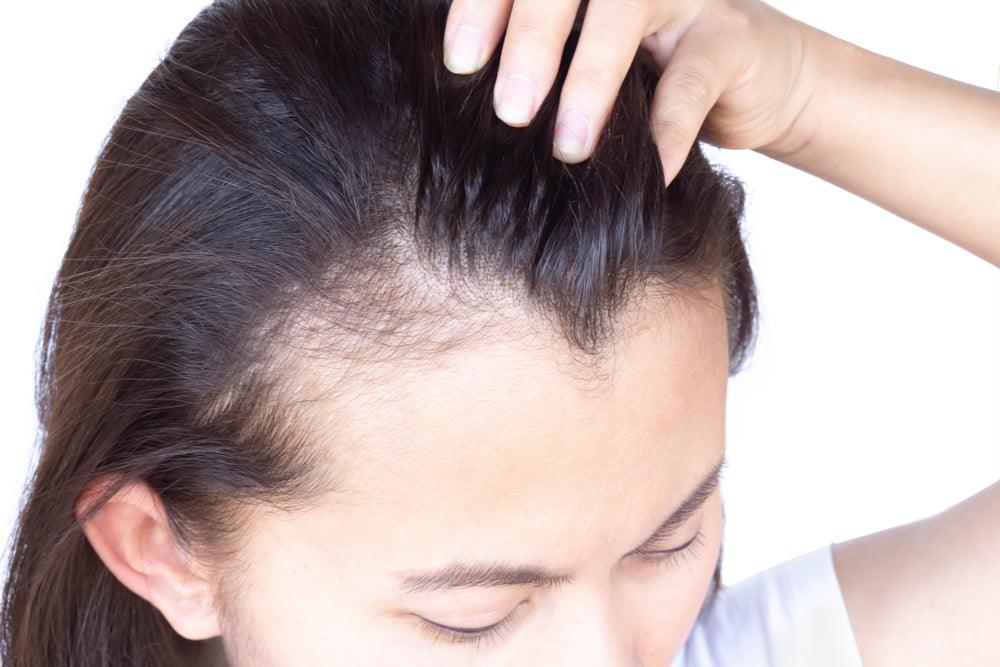
The Top Causes of Hair Loss and How to Address Them
Hair loss is a common problem that can be frustrating and embarrassing for many people. While it is normal to lose a certain amount of hair each day, excessive hair loss can signal underlying health issues or genetic predispositions. Understanding the top causes of hair loss can help you identify the root cause of your hair loss and explore effective solutions for addressing it.
One of the most common causes of hair loss is a condition called androgenetic alopecia, also known as male or female pattern baldness. This condition is caused by a combination of hormonal imbalances and genetic factors, and it typically results in thinning hair on the scalp and receding hairline in men, and thinning hair on the top of the head in women.
Another common cause of hair loss is hormonal imbalances, such as those that occur during pregnancy, menopause, or thyroid disorders. These hormonal changes can trigger hair shedding and hair thinning, leading to hair loss.
In addition to hormonal imbalances, certain medications can also cause hair loss as a side effect. These medications include blood thinners, antidepressants, and medications for treating arthritis, cancer, and high blood pressure.
Certain medical conditions, such as alopecia areata, scalp infections, and autoimmune disorders, can also cause hair loss. These conditions can cause hair to fall out in patches, or they can cause widespread hair thinning or shedding.
Stress and trauma can also trigger hair loss, as high levels of stress can disrupt the hair growth cycle and cause hair to fall out. Physical or emotional trauma, such as surgery, illness, or major life events, can also lead to hair loss.
Once you have identified the cause of your hair loss, you can begin to explore treatment options. In many cases, hair loss can be treated with medications, specialized hair care products, or lifestyle changes.
Medications such as minoxidil and finasteride can be effective in treating androgenetic alopecia and other forms of hair loss. These medications work by stimulating hair growth and slowing down hair loss, and they are available as over-the-counter products or by prescription from your doctor.
In addition to medications, there are also many specialised hair care products that can help prevent hair loss and promote healthy hair growth. These products often contain ingredients like biotin and saw palmetto, which have been shown to be effective in supporting hair health. Look for hair growth shampoos, conditioners, serums, and scalp treatments that are specifically designed for hair loss prevention.
Finally, there are several lifestyle changes that can also help address hair loss. Maintaining a healthy diet that is rich in nutrients and vitamins essential for hair health, such as vitamins A, C, and E, as well as iron, protein, and zinc, can support healthy hair growth. In addition, managing stress levels can also be important, as high levels of stress can contribute to hair loss. Incorporate stress-reducing activities, such as meditation, exercise, or hobbies, into your daily routine to keep your hair healthy and prevent excessive shedding.
In conclusion, hair loss is a common problem that can have many different causes. Understanding the top causes of hair loss can help you identify the root cause of your hair loss and explore effective solutions for addressing it. Whether it is through medications, specialised hair care products, or lifestyle changes, there are options available to help you overcome hair loss and regain your confidence.













